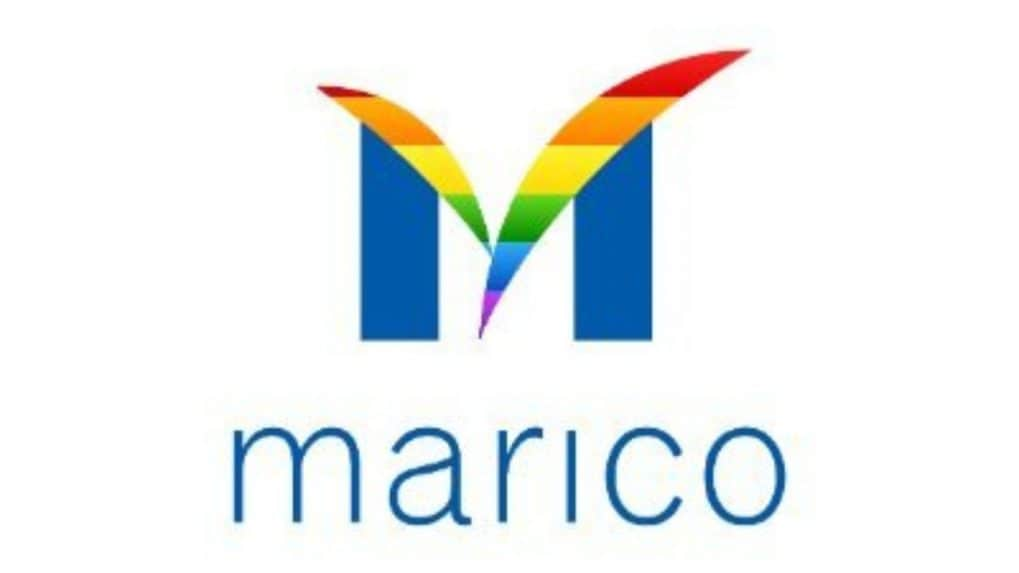Digital
Why OpenAI is hiring 100 ex-bankers: Inside the ChatGPT-maker's secret project to automate Wall Street's grunt work

In a move that underscores the increasing vigilance of India’s food regulator, the Food Safety and Standards Authority of India (FSSAI) has imposed a ₹1 lakh penalty on FMCG major Marico Limited for alleged misbranding of certain product samples—an issue dating back nearly a decade.
The order, issued under Section 52 of the Food Safety and Standards Act, 2006, pertains to a 2016 incident in which a few samples of Marico’s products sold at a retail outlet were found to have discrepancies in labelling and representation. The adjudicating officer concluded the case proceedings on July 30, 2025, and passed the penalty order in October.
Marico, in a disclosure to the stock exchanges under Regulation 30 of the SEBI (Listing Obligations and Disclosure Requirements) Regulations, 2015, confirmed receipt of the order and said it reserves the right to appeal before an appropriate authority. “The Company has received an order levying a penalty of ₹1,00,000 pertaining to a matter in 2016 on account of alleged misbranding of a few samples of the Company’s products at a retail store. The Company reserves the right to file an appeal against the order at the appropriate forum,” it said in the filing.
The company also clarified that the action has no material impact on its financial or operational performance.
While the penalty amount may appear minor, industry observers say the order is symbolic of the FSSAI’s strengthened enforcement stance on issues of labelling, ingredient declaration, and packaging accuracy—key aspects of India’s fast-evolving food safety framework.
In recent years, the regulator has stepped up inspections, imposed penalties, and even issued show-cause notices to several leading brands across packaged foods, beverages, and nutraceuticals. The move aligns with FSSAI’s broader mandate to ensure “safe food for all” and to curb misleading claims in product marketing.
Legal experts note that such orders, though infrequent, serve as a reminder that even legacy FMCG players with strong compliance frameworks are not immune from scrutiny. “Section 52 of the FSS Act covers misleading advertisement and misbranding. Even a small deviation in label information—whether nutritional value, expiry date, or imagery—can lead to enforcement action,” said a Mumbai-based food law consultant.
The Food Safety and Standards (Packaging and Labelling) Regulations, 2011, and their subsequent amendments, require food companies to adhere to strict labelling standards, covering details such as ingredients, additives, manufacturing dates, allergen warnings, and health claims.
FSSAI’s focus has intensified following multiple instances of consumer complaints about exaggerated claims or inconsistent label details. Officials have stated that accurate labelling is central to consumer protection, ensuring people know precisely what they are consuming.
“In the age of wellness branding, transparency is non-negotiable,” said a former senior FSSAI official. “When a company as reputable as Marico faces such action, it sends a message across the industry to recheck their packaging and documentation practices.”
Marico’s Response and Recent Scrutiny
Marico, one of India’s most respected FMCG companies and the maker of household brands such as Parachute, Saffola, Livon, and Nihar, said it is treating the issue as procedural and will explore legal recourse. The company, known for its robust corporate governance, stressed that its manufacturing and quality control processes comply fully with regulatory standards.
The FSSAI order comes at a time when Marico has also been under the scanner of the Income Tax Department, which recently carried out large-scale raids across the company’s offices and manufacturing facilities. While Marico confirmed the tax proceedings and extended full cooperation to authorities, it maintained that the developments have no material impact on business operations.
The latest FSSAI order could mark the beginning of a more assertive enforcement phase for India’s food regulator. With amendments to the Food Safety and Standards Act under discussion and the government’s upcoming GST 2.0 rollout introducing tighter compliance linkages, companies may face deeper scrutiny of their supply chains and disclosure practices.
“FSSAI is no longer content with being a passive licensing body—it is becoming an active compliance enforcer,” said an industry analyst. “Misbranding and misinformation in food marketing are areas where the regulator wants zero tolerance.”
In a wide-ranging interview with Storyboard18, Sorrell delivers his frankest assessment yet of how the deal will redefine creativity, media, and talent across markets.